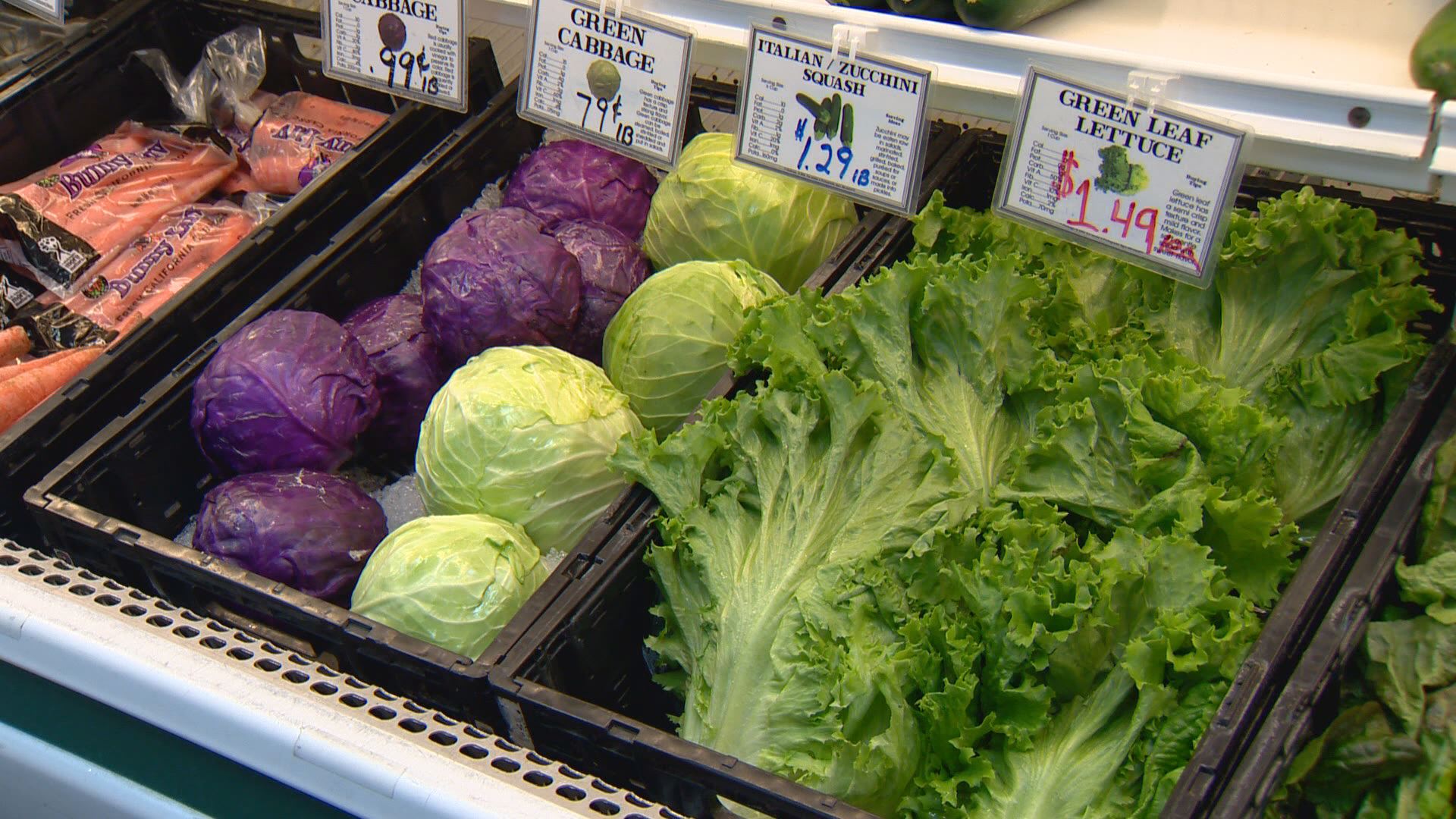Walk into a grocery store and you’re faced with a choice: do you buy costly organic food or cheaper traditional food?
It’s easy to join the skeptics and wonder if the health boost is worth it. After all, organic food can cost you 30 to 60 percent more.
“There’s not much difference in terms of quality, safety and nutrition between conventional and organic foods,” registered dietician Malena Perdomo said.
The main difference between traditional and organic food? How it’s produced.
“It’s made without synthetic fertilizers, synthetic chemicals, and it’s also not being used with radiation, and not genetically engineered,” Perdomo said.
Just because you might not have a full bank account doesn’t mean you have to skimp on organic food.
Perdomo says there are lists that contain the foods with the most pesticide residue, and you can decide which foods you think are most worth getting organic.
Is buying organic worth it? It depends.
“If you have money to spend on organic foods and vegetables, go for it,” Perdomo said.
But if you’re trying to be healthy, just eat more fruits and vegetables period. And even though something’s organic – like a package of cookies – that doesn’t mean it’s healthy.

